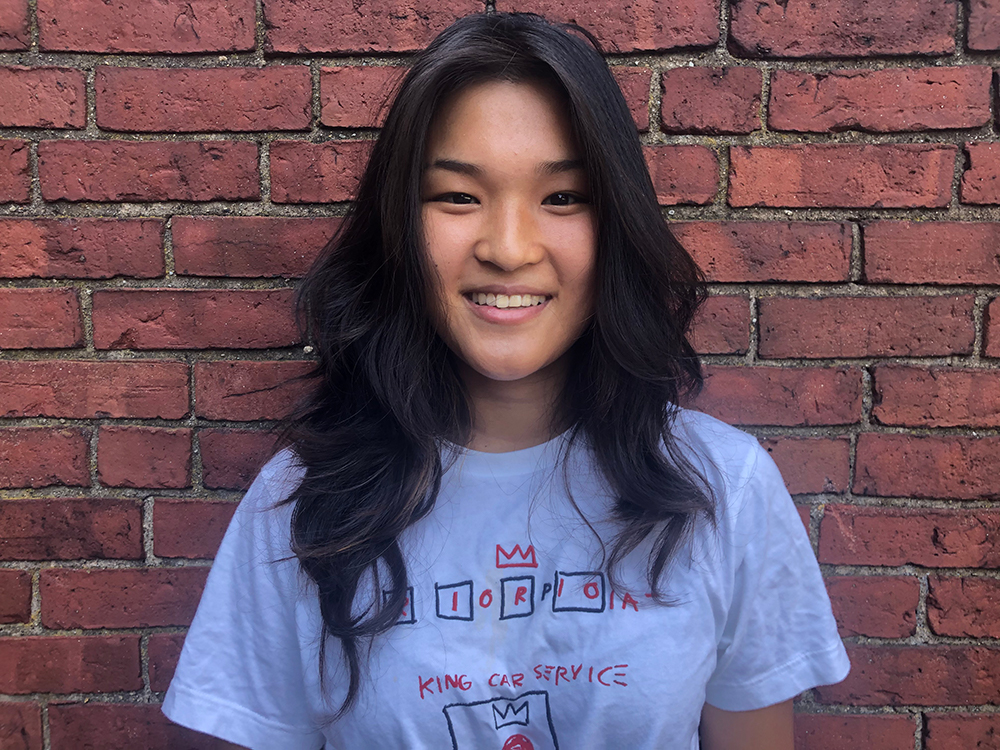Women have become far too familiar with the phenomenon known as the “pink tax,” in which goods and services marketed toward women are priced higher than men’s for no apparent reason.
This price differentiation is often shown in haircuts, clothing and healthcare items such as razors or deodorant. It affects products meant for every age: childhood toys, walking canes, adult diapers and more.
The “pink tax” is a subtle form of gender discrimination, with little to no economic reasoning. The shockingly slow legislation relief for this unfair pricing places a significant burden on women.
The California State Senate’s Gender Tax Repeal Act of 1995 reported that women paid an estimated $1,351 in additional “gender tax” a year for the same services as men. Current data can confirm the trend continues.
This marketing phenomenon is the result of a society and government that prioritizes what a man is most comfortable with. When women have different needs or wants, it’s considered an anomaly.
There is no significant reason a child’s princess helmet should cost more than a dinosaur one, yet the New York City Department of Consumer Affairs found there is actually a 13-percent difference in price. Similarly, it’s ridiculous that a woman has to pay 15 percent more than a male counterpart just for a knee brace.
Some have argued this phenomenon stems from beliefs that men’s goods are more price elastic — meaning they care more about a low price than women — or that women’s products might actually cost more to produce.
While these arguments might be valid in some contexts, I fail to understand how they explain price disparities of pink toys or medical products.
It’s true that everyone technically has the freedom to choose a cheaper, blue razor in the hygiene aisle of Walgreens. But why does femininity have to be a financial luxury?
We are being taught that there is a reward for masculinity and a punishment for femininity. This notion doesn’t just affect cisgender women. It also hurts men, trans women and non-binary people who don’t fit into the traditional masculine narrative.
When choosing the male-oriented good or service isn’t an option, individuals are affected even more severely. Somehow medical braces, objectively quite utilitarian items, are being priced at higher costs, and women have no choice but to accommodate for the higher price.
In the same vein, feminine hygiene products, like pads or tampons, are faced with literal government taxation.
In the majority of U.S. states that charge sales tax — except for a select few, including Massachusetts — tampons are not exempt from the tax. Massachusetts was one of the earliest states to stop taxing tampons and list them as a non-taxable medical item.
Other states have been rather stubborn in their acceptance of pink tax reform and still have a tampon tax. Before repealing its tampon tax in 2016, Illinois had considered the product a “luxury good.” Women can’t go without period products — I promise. It would be a mess.
While we can see the effects of the pink tax at a state level, Boston University itself is also responsible for doing more. Similar to many other college campuses, condoms are handed out as free resources all the time. Yet, free tampons and pads are sparse. This comparison serves as a reminder that we don’t live in a society that equally serves women and men.
For those with a low income, the pink tax is especially harmful. Homeless people sometimes must resort to using socks, plastic bags or toilet paper for menstruation, which leads to infections and other health issues. Women’s shelters commonly cite period products as highly requested items.
As of now, the U.S. government isn’t doing anything against the pink tax. The Pink Tax Repeal Act was introduced on the federal congressional floor two times in the last four years, but failed to come to fruition either time.
Still, there are ways we can fight gender discrimination in our consumer experience. We can vote more women and nonbinary people into office. We can choose not to support unnecessarily gendered products that exist in the market, and choose to support unisex or anti-pink tax options instead. We can call for better access to pads and tampons, even on our very own campus.























































































































Angie Frank • Sep 15, 2020 at 6:23 pm
Great article! One way I’m fighting the pink tax is giving people an opportunity to fight gender inequity from their bathroom with my body product line: BLUE TAX. I charge 13% more for my products and donate to a different organization each month working for gender equity and justice. And when I say gender equity, I mean equity for all gender identities. Check it out at bluetaxformen.com.